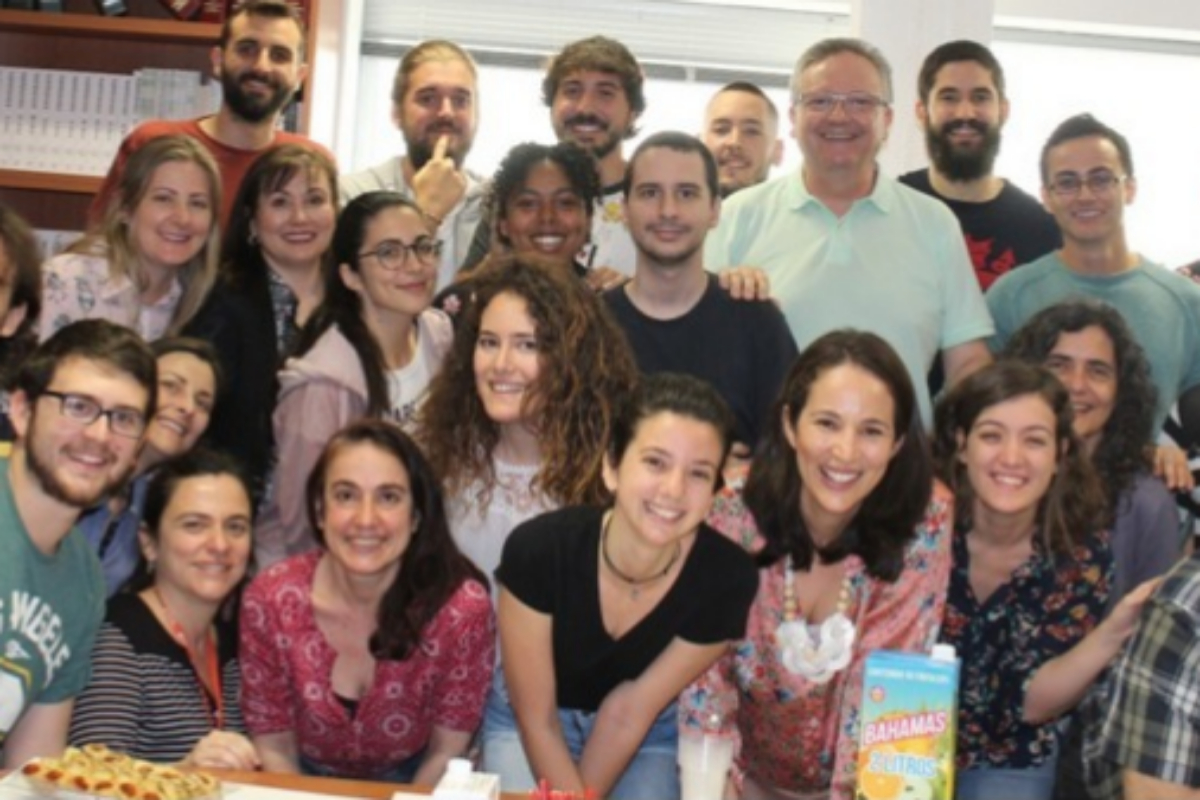- Research: Spain will carry out a seroprevalence study to find out the number of people immunized against Covid-19
The research group of Professor Francisco Antonio Macías has set aside any task other than pushing in the fight against the coronavirus. This organic chemist from the University of Cádiz has spent decades investigating, with international recognition, plant molecules that remedy cancerous tumors and inflammations, and he trusts that they will be useful against CoVid-19. It is an example of the excellence that Andalusian science can achieve, nevertheless plunged into the handicap of a lack of budget. "Our greatest hope is not to earn more money, but to have money to work," he says, like the other experts consulted.
In these molecules, from plants such as wheat, barley or lettuce, he has already found activity against tumor cells. Macías is urgently looking for how they can block the proteins that cover the virus crown, thanks to the super computer at the University of Cádiz , which performs calculations with the power equivalent to 20,000 personal computers. Three of the virus's proteins are known, and when they find weak spots in these large and complex biostructures, the next phase will come.
"This information will be very useful to find compounds of therapeutic utility , and we hope that in one or two months the animal tests will arrive," added the professor.
Geneticist José Antonio Caruz , an expert in the AIDS virus, points out that they have proposed to the State "the immediate creation of a national collection of samples of DNA, RNA and serum from patients infected with coronavirus." This professor at the University of Jaén and his team investigate the relationship between genetics, viruses and vaccines. "Genetics, surely, influences the progression of CoVid-19 infection," he indicates, which is why he defends identifying people "with a higher genetic risk for stricter confinement, pharmacological treatment," and also avoiding "among health, safety or essential workers to highly genetically susceptible individuals. "
Both are examples of the level of science carried out from Andalusia, with groups "in the first international division in virology ", and "highly qualified personnel to help in both diagnosis and biological and medical research," says Caruz.
Research funds
The Andalusian Government waged on Tuesday a game of 3 million euros for research into the virus crown. Andalusian experts have been accrediting for years an intense work on different viruses, some 300 articles and papers a year. According to the databases, the centers with the most are the Virgen del Rocío hospital, the Reina Sofía hospital, the CSIC, and the universities of Córdoba and Seville.
Alfredo Berzal from the CSIC Institute of Parasitology and Biomedicine agrees with Caruz, for whom "Andalusia has groups that can contribute a lot; the problem is that they are absolutely insufficient, we are very few groups and, what is worse, with a total lack of means. "
This expert RNA researcher, therefore in an area of interest in the fight against CoVid-19, believes that since the Rajoy government cuts "the laboratories have been emptying, a very large number of groups are one-person, formed exclusively by the research staff , it is impossible to do the science that society needs. "
"Everything is being done in record time, since the beginning of the epidemic, more than 1,000 scientific articles on the new virus have been published," adds geneticist Caruz, as a proof that "our society depends on scientific knowledge for its well-being, Research must be a pillar of the Spanish nation, but that requires funding, a lot of funding, because creativity and intelligence are not lacking. "
Alfredo Berzal does not remember such an urgent demand for solutions to science, "but scientists are leaving us on the sidelines." He criticizes that the government "promised funds for immediate solutions, which have basically remained in hospitals to start clinical trials with existing drugs."
María José Torres , professor of Microbiology at the University of Seville, agrees in the "unprecedented, immense" research effort, but warns that "whenever there are economic crises (and there will be after this pandemic), the first thing that suffers is the investigation". Berzal also estimates that the economic crisis "will imply a new excuse to cut further, if possible, the resources dedicated to scientific research." Paradoxically, as the scientist's social image grows.
"We come to light when there are misfortunes, no one sees us thousands of hours of work every day," concludes Francisco Antonio Macías, hopeful in the urgent search he leads from Cádiz.
According to the criteria of The Trust Project
Know more- Andalusia
- Mariano Rajoy
- Queen Sofia
- Seville
- Cordova
- Covid 19
- science
Coronavirus Andalusia registers 5,405 cases of coronavirus infection, 15.4% more, and already accumulates 236 deaths
Health crisis Andalusia registers 1,515 infected with coronavirus and 40 deaths
ResourcesThe University of Malaga already manufactures respirators for Andalusian hospitals

